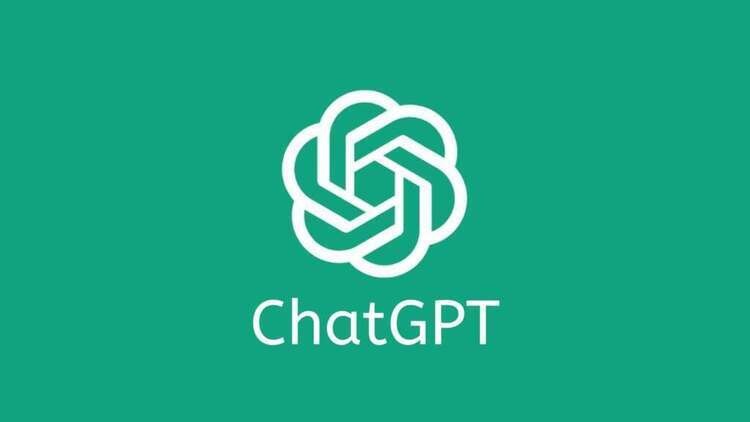
You’ve likely heard of ChatGPT, the highly advanced AI model developed by OpenAI. It uses natural language processing to interact with users in near human-like conversation. It was launched on November 20th, 2022, and has gained roughly 100 million users worldwide since then. It can be used for a number of different purposes, such as drafting emails and essays, writing/debugging code, summarizing text, casual conversation, problem solving, customer service, completing repetitive tasks, and searching up information. Businesses and individuals alike utilize it every day.
What exactly is OpenAI?According to their official website, OpenAI is “an AI research and deployment company” whose “mission is to ensure that artificial general intelligence benefits all of humanity”. They were originally founded in 2015 as a nonprofit by a group of wealthy backers that included Sam Altman (who is still the company president), Reid Hoffman, Jessica Livingston, Peter Thiel, and Elon Musk (who has since resigned from his position on the board of directors). T he company has released a number of AI tools: the image generator DALL-E, the speech recognition model Whisper, and, of course, ChatGPT. In 2019, OpenAI began a partnership with Microsoft, licensing all of their products exclusively with the tech corporation; they also announced that they would no longer be a nonprofit, but rather follow a “capped-profit model.” The company described this new approach as “a hybrid of for-profit and nonprofit”. Their most recent product release is the GPT-4 system, a more advanced version of ChatGPT. It is more accurate than the previous model, GPT-3, and can work with images as input.
 Advantages of ChatGPT
Advantages of ChatGPT
ChatGPT’s programming is incredibly advanced - many of the things it can accomplish are unprecedented in AI. It is very useful, both for businesses looking for an easy way to handle customer service (among other things) and individuals who want help in their day-to-day lives (whether that involves drafting an email, searching up information on a particular topic, or just being able to have a conversation). Especially impressive is its ability to competently converse with people and accomplish tasks such as essay-writing and problem solving. Also very significant is the fact that it is widely available to the public and free to use.
Limitations of ChatGPTIn spite of all this, ChatGPT still has a number of limitations. The AI model was trained entirely on data from 2021 and before, meaning that it cannot provide any information that came out at a later date. The information that it does provide can be inaccurate or nonsensical at times; the AI is somewhat notorious for producing “hallucinations”, or responses that appear to contain information at first glance, but upon closer inspection make no sense whatsoever. Since it was trained on a wide variety of human-created data, ChatGPT may also inadvertently pick up on biased information and include that in its responses. And, unsurprisingly, the AI still does not sound entirely human. It has been trained to hold human-like conversations, but cannot replicate all the exact mannerisms and nuanced speech patterns of a real person. Its responses and written work can easily be distinguished from that of a human being.
 Controversy surrounding ChatGPT
Controversy surrounding ChatGPT
The common use of ChatGPT has raised many moral, ethical, and legal questions. Many schools have banned the use of ChatGPT because students can use it to plagiarize essays and cheat on schoolwork. There is also the concern of such an advanced AI eventually taking over human jobs. Currently, the Writers Guild of America is on strike, partly due to the fact that AI is beginning to enter Hollywood writing rooms. If restrictions are not put in place for that sort of technology use, AI such as ChatGPT may soon pose a real threat to the writers’ careers. On a similar note, the existence of ChatGPT has ignited much debate over whether AI can create art (such as writing, music, and images), or whether art is an inherently human creation. This is tied to fear that AI may one day push human artists out of their careers and take over creative industries as a whole. Additionally, ChatGPT has raised concerns about copyright infringement (much of the content that the AI was trained on had been created by real people, and one could claim that it stole intellectual property belonging to others), loss of human connection (if people turn entirely to the AI for conversational needs, rather than interacting with real people), bias and the spread of misinformation (the AI was trained on a vast array of data from humans with opinions, and it is not always accurate; the information it outputs is not always objective or true), use in criminal activity (ChatGPT has been used to create malware, for example), and the fact that it could be used in situations where human discretion would be more appropriate (such as court cases). Due to these controversies and concerns, some countries have already banned ChatGPT. These places include Russia, China, North Korea, Syria, Cuba, Italy, and Iran.
Legal regulations and safeguardsCurrently, there are very few legal regulations concerning ChatGPT (and AI in general) in the United States. Some states have passed laws that require companies to be more transparent about how they are using AI. The ways in which AI can be used, however, are more or less unregulated. There are a few safeguards built into ChatGPT to make the chatbot safer for users: it will not discuss topics such as illegal activities, violence, and anything that could lead to discriminatory language. There are ways, however, to get around these safeguards and convince (jailbreak) the AI to speak about these things anyway.